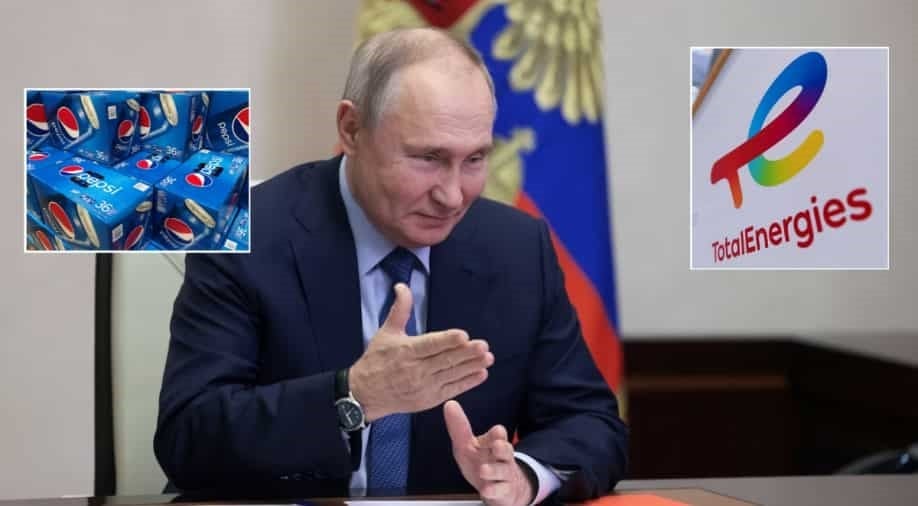 |
| Russia-Ukraine conflict: First victory, Western businesses make a lot of money, 'feeding' Moscow's treasury every day. (source: Reuters) |
According to a report by Novaya Gazeta Europe, Russia's leading independent news website, the largest Western companies are still doing quite well in Russia and have recorded a total net profit of 1.1 trillion rubles ($13.3 billion) in 2022. This significant increase is evident in the year-on-year growth figure of 54%.
These findings are based on financial statements of legal entities registered in Russia, wholly or partially owned by Western entities.
In terms of corporate income tax, Western companies contributed a total of 288 billion rubles ($3.5 billion) to Russia's budget last year, or 1 percent of total revenues. French, British and American companies were the biggest taxpayers, paying 55 billion, 47 billion and 40 billion rubles, respectively.
Regarding the business situation of Western enterprises in Russia, Ukrainian researchers estimate that there are more than 1,300 Western companies currently operating in Russia, The Moscow Times reported.
However, more than 700 of these companies have temporarily suspended operations. Another 241 companies have completely left Russia immediately after Moscow launched its military operation in Ukraine.
But amid the Russia-Ukraine conflict, Western businesses have emerged as the first winners. Despite divesting from certain assets, French energy group TotalEnergies doubled its net profit to 269 billion rubles ($3.2 billion).
Raiffeisen Bank, one of the major Western banks still present in Russia, nearly quadrupled its net profit to 141 billion rubles ($1.7 billion).
Among the 10 highest-earning companies in Russia are well-known companies such as PepsiCo , British Petroleum, Japan Tobacco, Mondelez International (formerly Kraft Foods), Mars, packaging giant Mondi, Kia and multinational building materials company Knauf.
Since Russia launched a special military operation in Ukraine (February 2022), under layers of sanctions from the West, many global companies operating both inside and outside Russia have continued to operate as usual. Some international companies have claimed that they cannot suspend their operations in Russia because “customers need them.” They argue that suspending their business would prevent ordinary people from buying basic necessities such as food.
Some businesses have also shown no signs of concern over Moscow’s nationalization threats. Whatever their reasons, subsidiaries of more than 1,400 EU and G7 companies were still operating in Russia last fall, a study found.
As Moscow launched its special military operation, Yale University (USA) began compiling a list of companies and corporations operating in Russia. The document directly tracks which companies have cut back on their business in Russia and which businesses continue to operate there.
It should come as no surprise that many of the companies on Yale’s list are Chinese. But according to wilsoncenter.org , the list is also home to names from every country, be it the US or Europe, with a full range of industries providing goods and services from essential consumer products, energy and information technology to industrial, materials and utilities.
Observers say the continued operation of these businesses means that billions of rubles are still helping to stimulate the Russian economy and weaken the effectiveness of international sanctions.
According to a tool developed by the New York Times , Russian exports to a number of European countries increased significantly in 2022. For example, Russian exports to Spain increased by 112%, Russian imports of goods and services from Belgium increased by 130%, and Russian exports to the Netherlands increased by 74%... According to estimates, the total value of Russia's current trade with various European countries still amounts to billions of dollars.
Source



![[Photo] Prime Minister Pham Minh Chinh chairs a meeting on the implementation of the Lao Cai-Hanoi-Hai Phong railway project.](https://vphoto.vietnam.vn/thumb/1200x675/vietnam/resource/IMAGE/2025/5/20/0fa4c9864f63456ebc0eb504c09c7e26)





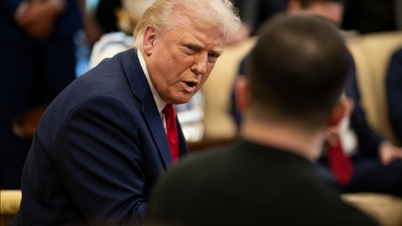







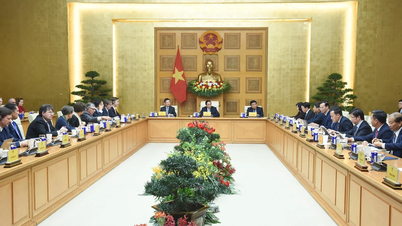

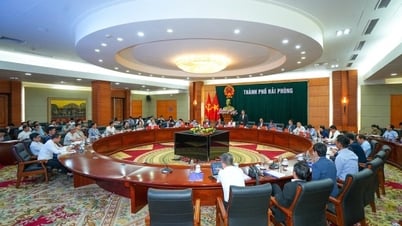














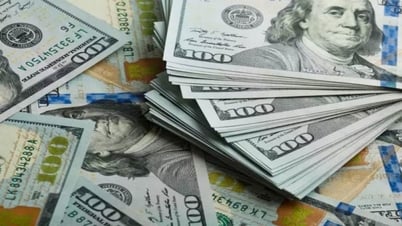































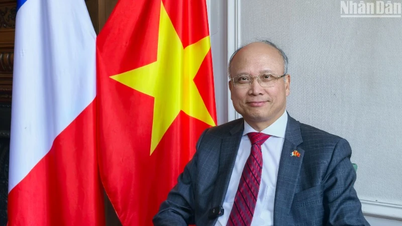



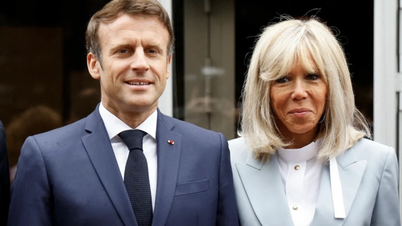
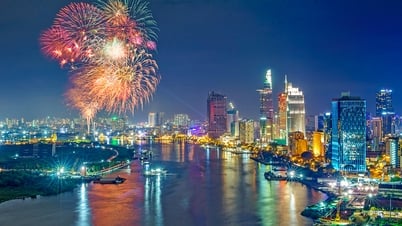



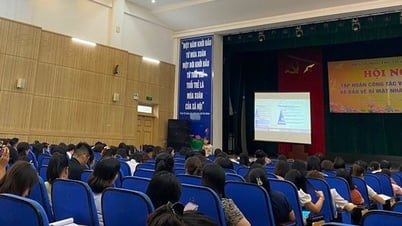











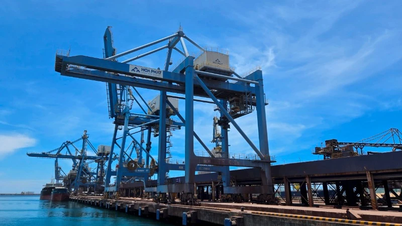












Comment (0)